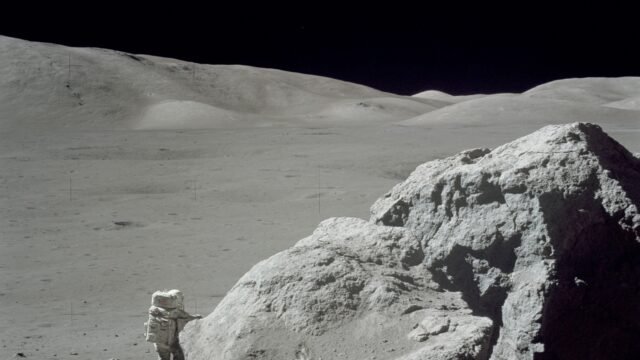Today, Solestial, Inc. and Atomos Space announced a multi-mission sales agreement for a minimum of 20 kilowatts (“kW”) of radiation-hardened, ultrathin, low-mass solar blankets from Solestial.
Atomos’ first mission, which is slated to launch in February 2024, will serve as a demonstration of Solestial’s photovoltaic system.
Atomos’ solarelectric orbital transfer vehicles (“OTVs”) will be powered primarily by Solestial’s photovoltaic system on two future commercial missions commencing around the end of 2024.[1]
The two companies, which graduated from the 2019 Techstars accelerator, will use operational missions starting in 2024 to show that their technology is viable on a big scale.
Their close cooperation over the ensuing years, the agreement will allow Atomos and Solestial to further their respective objectives.
Atomos, an in-space logistics startup, is developing high-power OTVs to provide satellite operators with various in-space transportation services.
Using high-power electric propulsion made possible by Solestial technology, Atomos can complete difficult tasks at a breakneck pace.
Following the initial demonstration, the following blanket shipsets from Solestial will power two OTVs that will provide constellation operators in low Earth orbit (“LEO”) with constellation deployment services and constellation relocation services, respectively, for operators in other orbits.
The agreement with Atomos marks the start of a new chapter for Solestial, the solar energy company for space, as it begins to scale commercial commitments and delivery while also completing technical testing.
The French Alternative Energies and Atomic Energy Commission (“CEA”) independently evaluated Solestial’s ultrathin silicon solar cells’ capacity to effectively anneal radiation damage under sunlight at 90°C in May.
Solestial solar blankets are proven to be a cost-effective, scalable alternative to standard space photovoltaics and are ready for integration into current missions.
“Solestial is an important partner for us. It was clear that traditional space solar was too expensive and too supply-constrained to support our high-power OTV design. We were attracted to Solestial’s solution as they provided the best combination of solar array-specific mass performance, radiation hardness, and affordability available on the market today,” said the CEO and Co-Founder of Atomos, Vanessa Clark.
References
- Solestial Inc., ‘Solestial and Atomos Reach 20-Kilowatt Solar Blanket Deal’, 2 August 2023, https://20859214.fs1.hubspotusercontent-na1.net/hubfs/20859214/Solestial%20Atomos%20Press%20Release%202%20AUG%202023.pdf[↩]





